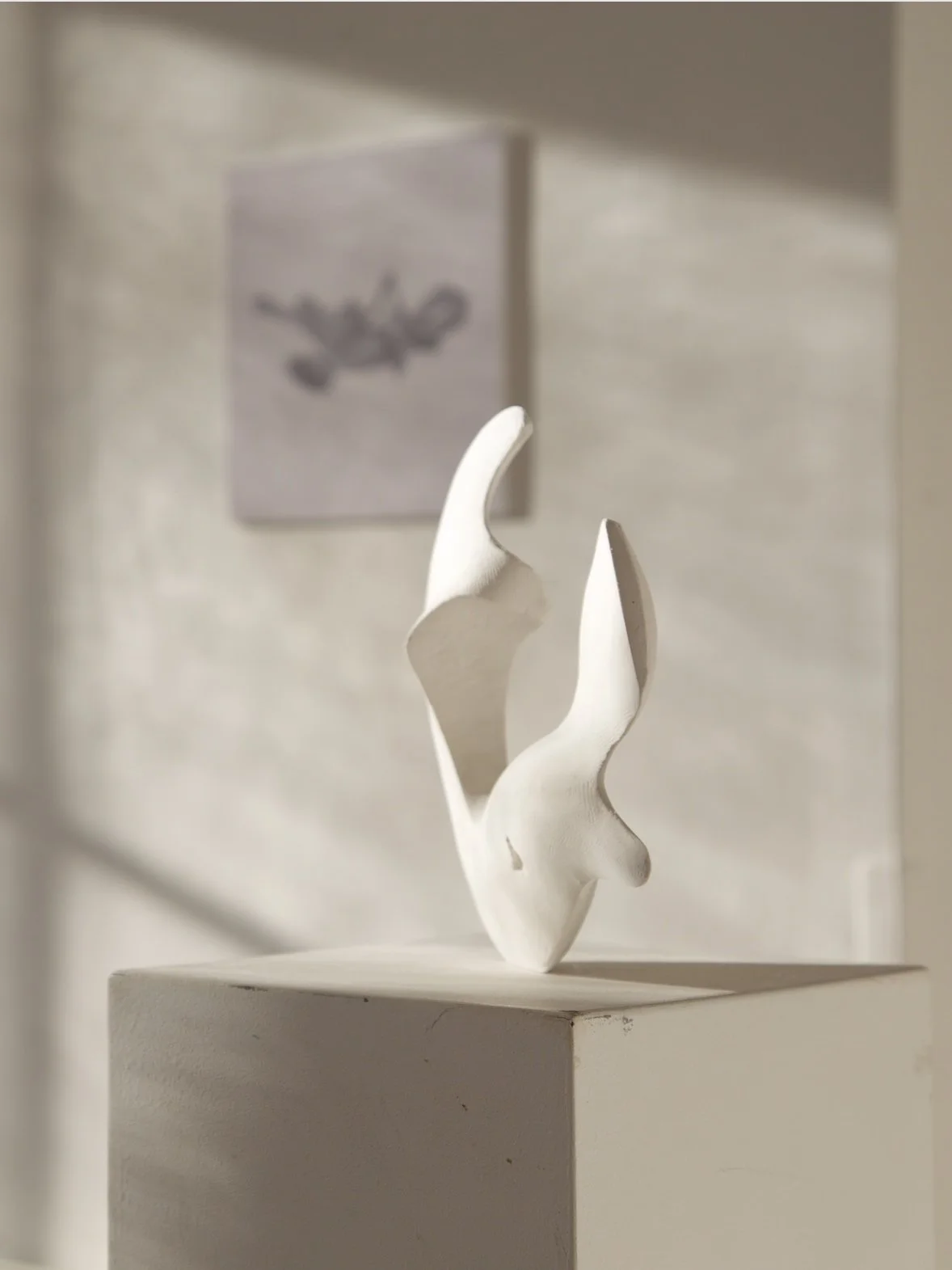10 QUESTIONS WITH DR. FEDERICA CARLOTTO, SOTHEBY'S INSTITUTE OF ART
This week we caught up with Dr. Federica Carlotto, Programme Director MA Luxury Business, Sotheby’s Institute of Art, to find out a little more about the new course.
1.) Good morning Federica, welcome to The Mayfair Musings! Tell us a little about The Sotheby's Institute of Art
Sotheby’s Institute of Art has been leading the art education sector for over 50 years, offering courses from art history to key business skills from its campuses located in London and New York, as well as online. The institute has recently expanded into close disciplines such as the luxury studies.
2.) What did you do before you arrived at Sotheby's?
I have been working in academia for more than 10 years, researching and lecturing in the field of fashion sociology and luxury brand management for a variety of universities and institutions in Italy and UK. Alongside my academic career, I have also worked in fashion sales and marketing for brands like Armani, Nicole Farhi, Philip Treacy, Sophia Kokosalaki, Hussein Chalayan, A.F. Vandevorst, Alessandro Dell’Acqua. Most recently, I have also founded my own consultancy SALT cultural intelligence, with the aim to provide companies and other consultancies with research-based insights into the luxury market.
3.) The MA in Luxury Business course recently launched. What prompted Sotheby's Institute of Art to create this course?
Art and luxury have a long and fascinating history of influencing each other to create timeless, aspirational experiences. In fact, a few years ago Sotheby’s auction house created a Luxury, Art and Objects division as one of the two major divisions of the company. The Sotheby’s Institute MA in Luxury Business examines this sophisticated industry as it is diversifying and expanding, and explores synergies with other industries and cultural landscapes, such as the art world. The program also gives a nod to the more general trend in the high-end cultural and creative industry to break barriers and find original ways of engaging with markets and audiences on a wider scale.
4.) This MA course is the first of its kind - can you tell us a little about the academic structure?
The MA in Luxury Business prepares students to specialize in the innovative and ever-changing luxury industry. Students will examine luxury’s social, historical and cultural evolution. They will critically reflect on how luxury businesses deliver value to their markets through specific branding and marketing strategies. They will become familiar with the sectors of the industry and its players, and with the financial, legal and strategic elements of business management in luxury. They will also consider intersections with other high-value cultural industries, particularly art. Building on the Institute’s high level academic knowledge and industry expertise, the program adds a specific focus on transferrable skills and professional development. Through privileged access to industry experts and iconic institutions, graduates are equipped with the intellectual, theoretical, and personal skills to advance their careers in the luxury business.
5.) What are the 3 main curricular themes?
The MA in Luxury Business is organized around 3 main curricular themes, each with further modular specifications.
Luxury in Context: This unit introduces the students to the concept of luxury and its historical development. It considers luxury across different cultural contexts and examines the different ways in which luxury has been experienced, interpreted, and questioned. The Luxury Market: explores consumer behaviour in luxury, omnichannel marketing and engagement strategies, as well as notions of branding. Teaching is constructed around practical business cases within the industry. Managing a Luxury Business: emphasizes the structure and operations of the luxury business (law, finance) as well as shaping forces like sustainability, ethics, and CSR.
6.) How has the luxury industry been affected by the pandemic?
The recent pandemic has had the effect of accelerating a few existing trends, which has turned them into priorities for the future of luxury.
One priority is social leadership. Recent environmental and social issues have called luxury companies to take a clear and active stance, so now luxury businesses will have to maintain meaningful connections with their environmental and social communities; champion ethical business practices; catalyze responsible behaviors. Ultimately, the expectation is for luxury companies to further build their social leadership and become activists for change.
During the pandemic, technology became the lifeline for many companies to keep their operations going – but it also proved its crucial role in setting the next level of customer engagement! Increasingly so from now on, luxury companies will need to integrate the creative possibilities of technology with data-based customer intelligence.
A final key priority is collaborating with artists. This has been treated as a marketing stunt or a commercial fad in the past, but collaborative initiatives between luxury and art have proven to be the conduit to creative and cultural depth. Luxury customers and audiences are now more than ever looking for meaningful stories behind what they consume, objects as well as content. In its interaction with the other creative and cultural industries, luxury will have an increasingly important role in shaping the future of culture.
7.) You have some impressive guest speakers lined up...
Guest speakers are a key part of the programme! Dr. Andrea Tanner, Head of Archive, Fortnum and Mason; Vanessa Jacobs, CEO of The Restory; Benoit Pagotto, founder of RTFKT; Alessandro Borruso, Sotheby’s Diamonds; Gaia Rosetti, Belmond, Dr. Flavia Frigeri, Chanel Curator at the National Portrait Gallery. Most experts will welcome the students on site: Scabal in Savile Row, 5 Carlos Place, Claridge’s, the Connaught, Aston Martin.
8.) All great MA courses involve field trips. Where will Luxury Business MA students be going?
During the programme, the students will visit France and Italy, one of the centres of luxury in Europe. In France, they will visit Reims and its famous champagne houses, like Veuve Clicquot. They will explore the main jewellery and fashion retailers (Louis Vuitton, Hermès, Le Bon Marché, Bucherer, Chaumet). In Italy, students will visit Milan with its luxury fashion district and design studios in the Brera area. The balsamic vinegar tasting in Modena will make students aware of luxury as a phenomenon rooted in a specific terroir. At Ferrari (Maranello), students will learn teamwork building from Ferrari instructors.
9.) What sort of people should consider the Luxury Business MA course?
The program is not just for anyone that would like to pursue careers in this growing and exciting field – it is designed for anyone that wants to gain an in-depth understanding of luxury as an economic sector, and is fascinated by the cultural phenomenon it is.
10.) Where do we enrol?
Head to www.sia.edu!
Admissions Enquiries: +44 (0) 20 7462 3232












